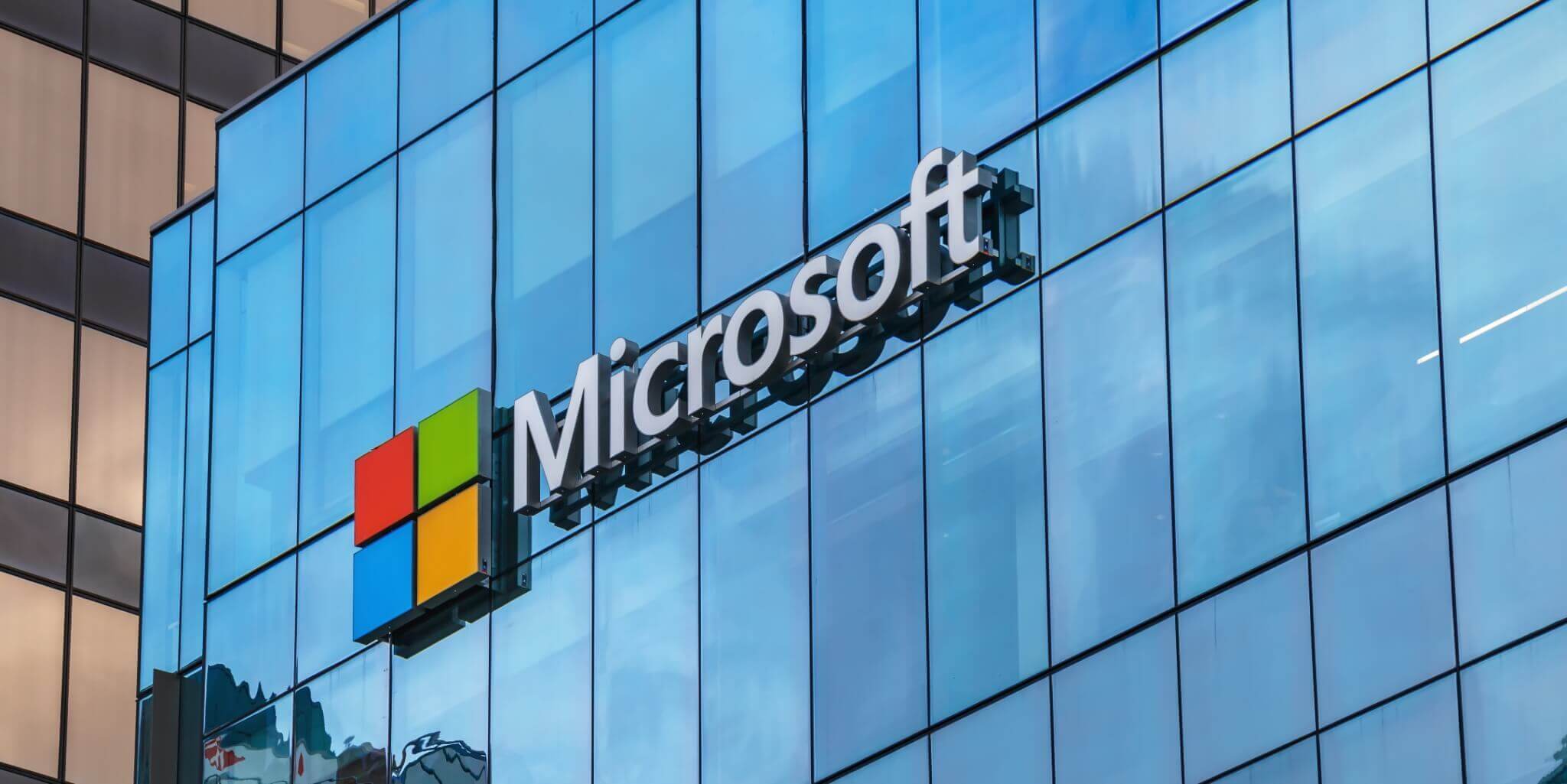Microsoft has provided some valuable tips on safety & data protection to keep devices secure from cyber-attacks during COVID-19.
Our world has changed dramatically over the last couple of months and in an effort to keep the wheels turning, companies across the world are switching to remote work and Microsoft is no different.
Earlier this month, hundreds of thousands of its workers from across the globe were asked to work from home. A decision not taken easily as we all seek to balance the complexities of balancing work hours with the demands of home life.
Protecting data, privacy, and networks is another challenge the firm is constantly facing. Microsoft analyzes 6.5 trillion signals a day to detect and defend users from emerging threats. For more of us going to work online through our home networks, doing online banking, shopping at grocery stores, or even keeping up with family members at a distance, cybercriminals will look for vulnerabilities to exploit.
Although these risks to your protection are constantly on the lookout, the organization always needs your support to stay on top of their game. We have all had to reconsider daily hygiene in recent months, including washing our hands and cleaning up the surfaces that we touch. It should not be any different to operate safely from home. Much as governments ask us to make minor improvements while ignoring the bigger ones, Microsoft needs you to do the same when it comes to cybersecurity at home.
When it comes to cybersecurity hygiene, a good place to start is email. 91 percent of cyberattacks begin by email. They’ve developed a multi-layered security framework to help secure you, which involves machine learning, detonation, and signal sharing to quickly identify and shut down email attacks. Do not open attachments from people you don’t know or you wouldn’t expect to hear from them. If you know the sender but are still unsure, please contact them directly to see if they intend to send a file to you.
Scammers also instill a feeling of fear by setting a short deadline, with some form of penalty, when you have to respond. Finally search to see if the name, signature, and URL of the sender are similar. Send it to your spam folder if an email has any of these red flags and mark it as ‘phishing.’ These email habits can go a long way to support you when you’re working away from home.
One of the best ways you can help keep your devices secure is to periodically update the software on your computer. System updates are necessary to maintain the software for your system to ensure that it continues to run efficiently and helps to keep you safe. Antivirus updates are also important when it comes to virus and malware attacks to ensure your computer has the latest security.
Make regular backups to protect your records. When a virus happens to pass into the data and ruin it by mistake, a recent backup may be a real lifesaver. At the very least, try to save files you can’t afford to lose, such as papers, photographs, financial records, favorite links, contacts, and important emails. If you are worried about space, OneDrive online cloud storage from Microsoft is helpful in keeping your files secure and available from anywhere in the world.
Just like changing our hand washing routine, sneezing into our elbows, and keeping a safe distance from others to avoid risk, the same goes for cybersecurity. These small changes to your online habits keep our cybersecurity experts informed, so they can help prevent attacks on your devices and you can keep working safely from home.

























Leave a Reply